Assessment in the digital age
Learning with e's
AUGUST 29, 2019
Image from JISC publication This table is very useful summary for anyone who is interested in aligning assessment with teaching methods. It's important that this is achieved, because as Biggs and Tang (2011) argue, students create their own meaning from their experiences, by seeking out learning engagement. Unported License.






















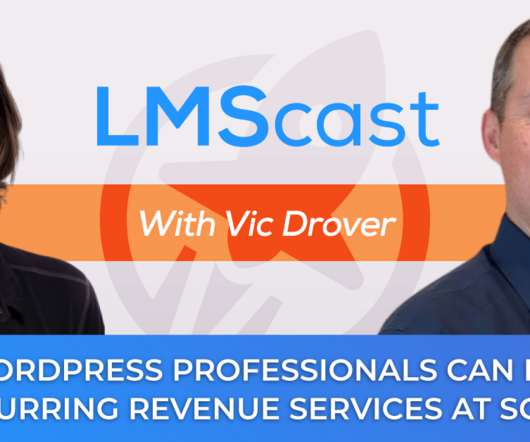
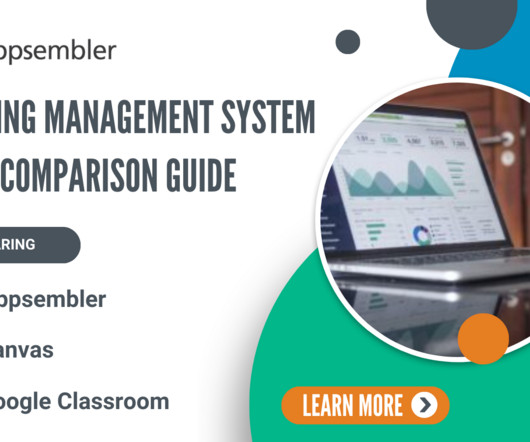

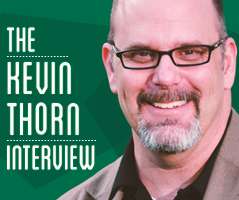
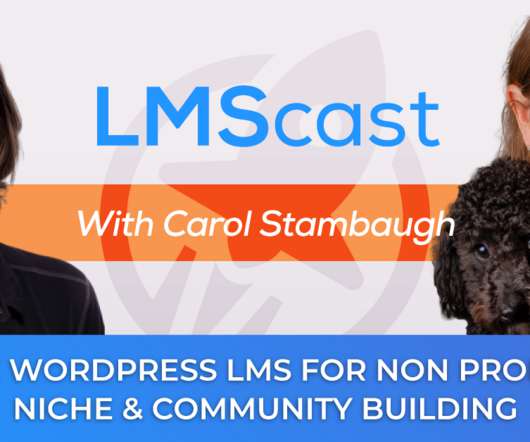

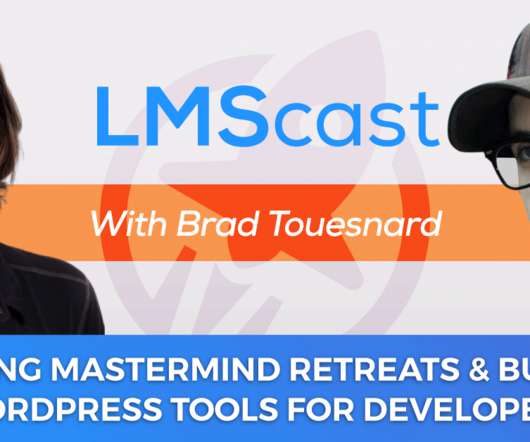













Let's personalize your content